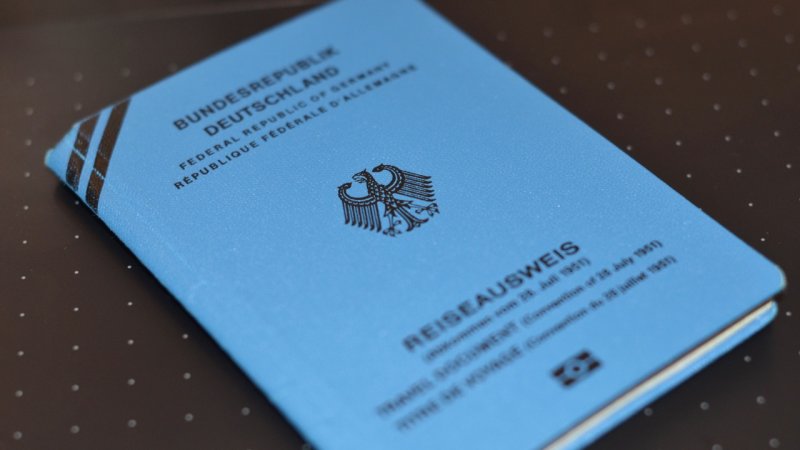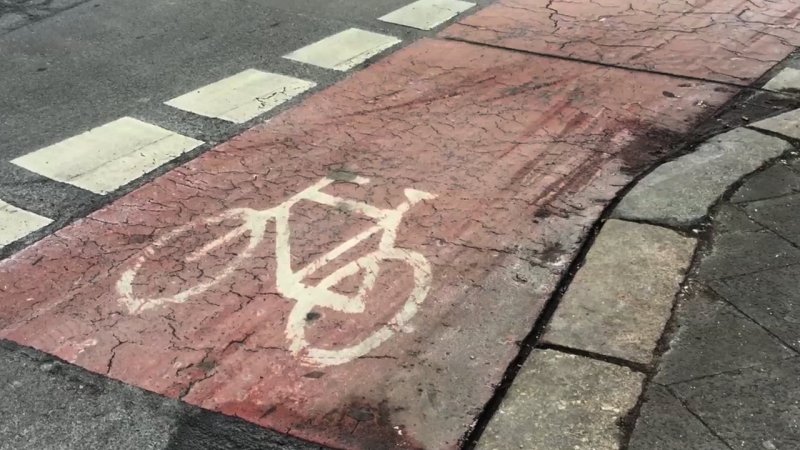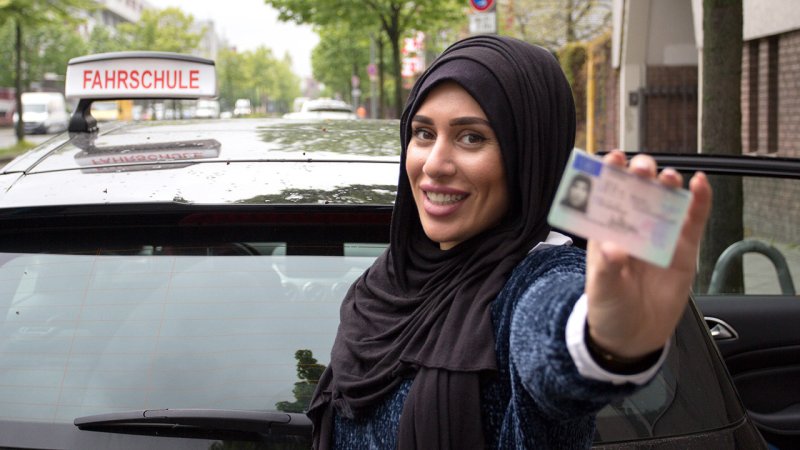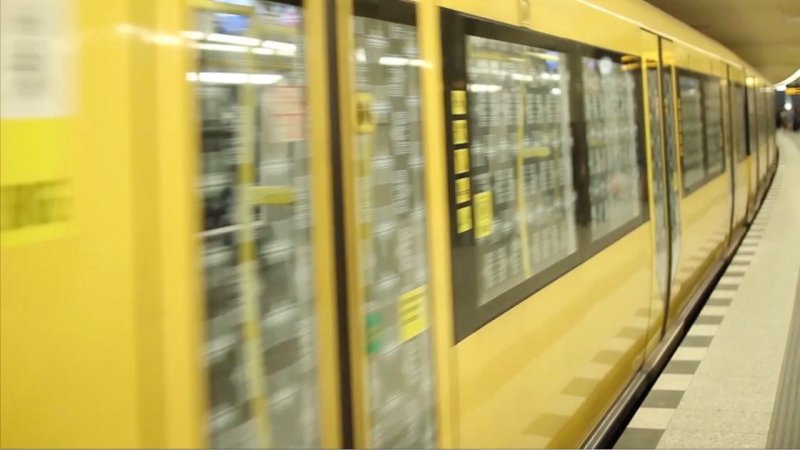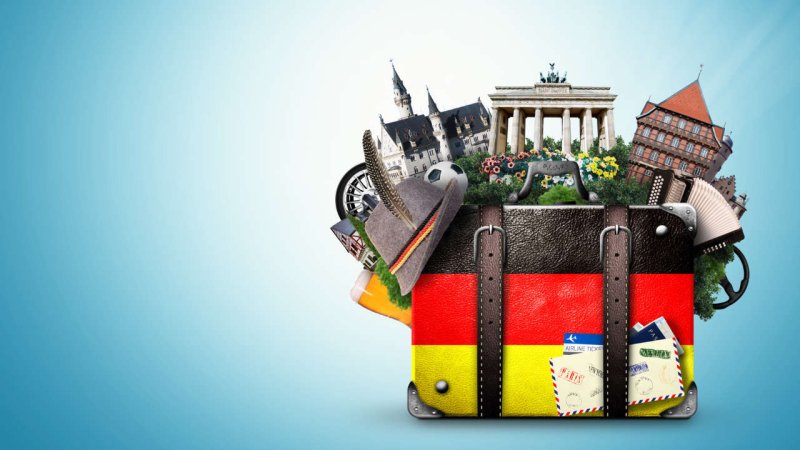Blue Passport
If you are recognised as a “refugee” (“Flüchtling”) or “asylum seeker” (“Asylberechtigte*r”) in Germany, you will be issued a so-called “travel document for refugees” ("Reiseausweis für Flüchtlinge"). The travel document is a replacement for the passport from your country of origin or the country you've fled to come to Germany. The “travel document for refugees” is also known as "Convention Pass" ("Konventionspass ") or "Blue Passport" ("Blauer Pass ").
Please note: As an individual entitled to asylum or recognised as a refugee, you cannot apply for a passport from your country of origin. If you do so or visit the embassy of your home country, in principle, you will lose your entitlement to asylum/refugee status and thus your right of residence in Germany.
Cycling in Germany
Cycling is healthy, good for the environment and -of course- lots of fun. In most German streets, there are specific pathways where you can safely ride your bike. Cycling is also a favourite, convenient means of transport in the German countrysides.
Obtaining a Driving Licence in Germany
Having a driving licence can be very useful. For those who live in a village or a small remote city without proper access to public transport, in particular, obtaining a driving licence and often purchasing a car is necessary. In this chapter, you can learn how to get a German driving licence or convert (“Umschreiben”) the driving licence you have obtained from your home country. There will also be some tips on how to avoid losing your driving licence.
Public Transportation in Germany
To travel around in Germany, you do not necessarily need a car. You can comfortably move within a city or between cities by buses and trains.
Important: Since May 2023, you can travel throughout Germany with the “Deutschland-Ticket”, also known as the “€49 Ticket”. You can find more information in the “’Deutschland-Ticket’/ €49 Ticket” section below.
Travelling Abroad for Refugees
Do you wish to pack your bags and go away for a while? Whether you want to travel for work- or family-related reasons or would like to have a holiday abroad, it is not always clear which countries you are permitted to go to as a refugee. Here, we try to clarify which countries you are allowed to travel to with your residence status and travel document as a refugee.
In principle, Foreign citizens in Germany are required to have a valid passport or a substitute passport. The issuing and renewal of foreign citizens' passports is usually the responsibility of the embassy or consulate of their country of origin.
However, certain groups of people are exempt from this regulation, for whom a passport substitute could be issued:
- Persons entitled to asylum and recognised “refugees” according to the Geneva Refugee Convention
- Stateless persons
- People who have subsidiary protection
- People for whom a national ban on deportation has been established and who have no reasonable opportunity to obtain a passport from their home country.
The mentioned groups are often issued a passport replacement document ("Passersatzpapier") in Germany, which exists in three forms:
- The travel document for refugees (Known as "Blauer Pass" or "Blue Passport")
- The travel document for stateless persons
- The travel document for foreigners
In principle, you will be handed the travel document for refugees together with your residence permit at the Immigration Office. Learn more about the travel document for refugees in our chapter "Blue Passport". As a stateless person or someone who is residing in Germany under subsidiary protection or due to a national ban on deportation, you must apply for the travel document for foreigners and stateless persons ("Grey Passport" or "Grauer Pass") at the relevant Immigration Office. You will need to prove to the authorities that it is not likely or feasible for you to obtain a passport from your home country. You can find the relevant Immigration Office at bamf.de.
Travelling within Germany
Germany is vast and has many attractive cities and regions worth visiting. Even if you do not have a car, there are still many alternative ways to travel within Germany to see new places or visit old friends.
